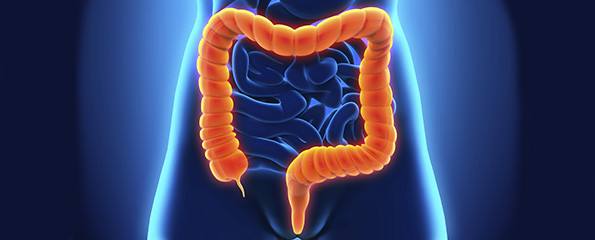Bowel cancer screening saves lives—but participation slightly lower than previous year
Participation rates in the National Bowel Cancer Screening Program were slightly lower than the previous year, despite the evidence that bowel cancer screening saves lives, according to a report released today by the Australian Institute of Health and Welfare (AIHW).
The National Bowel Cancer Screening Program (NBCSP) aims to reduce the number of cases of bowel cancer and related deaths in Australia through screening to detect cancers and pre-cancerous lesions in their early stages, when treatment is most effective.
The report, National Bowel Cancer Screening Program monitoring report: 2012-13, shows that about 33.5% of the 964,000 people invited to participate from July 2012 to June 2013 returned a completed bowel cancer screening kit for analysis.
‘The good news is that since the program started in 2006, over 3,000 suspected or confirmed cancers have been detected, showing its effectiveness in detecting and preventing bowel cancer,’ said AIHW spokesperson Justin Harvey.
However, the report also shows that the participation rate in the program in 2012-13 was slightly lower than in the previous year, with small decreases seen in all three target age groups (people turning 50, 55 or 65 years).
‘There were also differences in participation rates across jurisdictions, with invitees from South Australia, Tasmania, the Australian Capital Territory and Western Australia participating at higher rates than those in other jurisdictions,’ Mr Harvey said.
In 2012-13, about 23,500 participants (7.5%) who returned a valid screening test had a positive screening result. These people were encouraged to follow up this result by visiting their primary health-care practitioner for referral to further testing by colonoscopy. Seventy per cent of those with a positive screening result were recorded as having a colonoscopy.
‘One participant in every 32 who underwent a colonoscopy following a positive screening result was diagnosed with a confirmed or suspected cancer, a total of 404 people in 2012-13,’ Mr Harvey said.
Advanced adenomas, which are benign growths that have the potential to become cancerous, were found in a further 728 people.
‘As in previous years, women were more likely to screen than men; conversely, men had higher rates of screen detected bowel cancers, and overall bowel cancer incidence and mortality,’ Mr Harvey said.
Aboriginal and Torres Strait Islander participants, participants who lived in Regional and Remote regions, and participants who lived in areas of lower socioeconomic status, had higher rates of positive screening results, yet lower rates of follow-up colonoscopies than other participants.
The AIHW is a major national agency set up by the Australian Government to provide reliable, regular and relevant information and statistics on Australia’s health and welfare.
Dates
Tags
Created by:

 Login
Login














